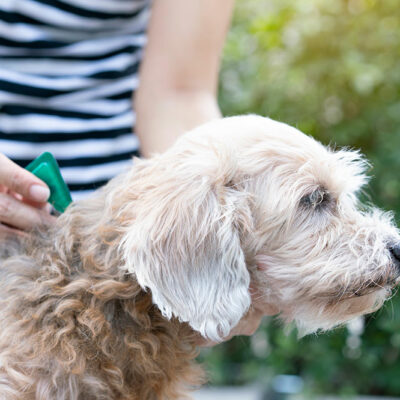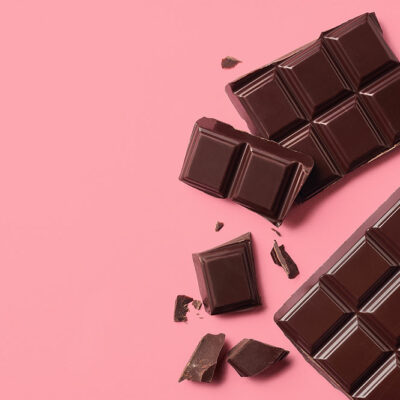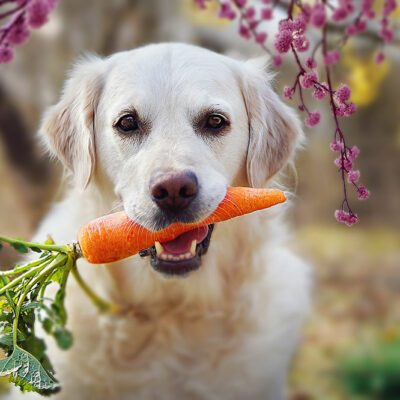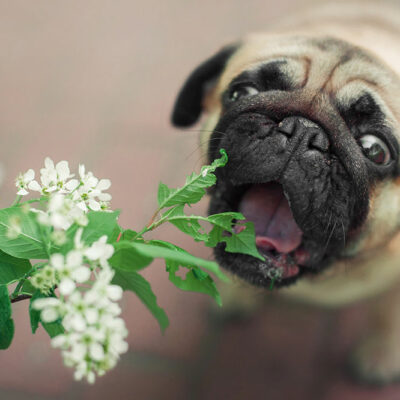
Home remedies to prevent flea and tick infestations
Keeping your dogs safe from fleas and ticks can be an exhausting job. The constant scratching and biting can be tiring and unhealthy. Not only this, it can bring down the mood of your furry friend, affecting the whole household. Therefore, it is better to stay prepared in case of an unforeseen pest attack. This article talks about some effective and accessible natural remedies that will give you and your dogs some much-needed relief. Home remedies for fleas and ticks in dogs Natural oils Natural or essential oils must be diluted first, after which you can use them as a spray or a pre-bath rinse. Alternatively, you can dilute them with carrier oils and massage them into their coat. Whatever you do, make sure to get your vet’s approval beforehand. Garlic Garlic has various nutritional benefits apart from being an antibacterial, antifungal, and antiviral agent. Don’t get too concerned about its strong odor. Add a small amount of crushed garlic to your pet’s food and watch this natural remedy work its magic. Vinegar Another natural remedy that is not only easily accessible but can double up as a flea and tick repellant for dogs is vinegar. You can dilute it with water and use it as a spray.
Read Article 









